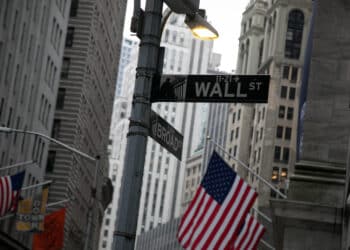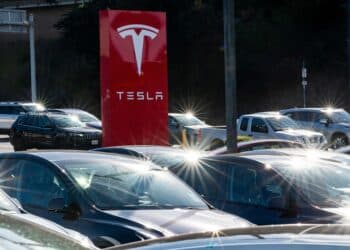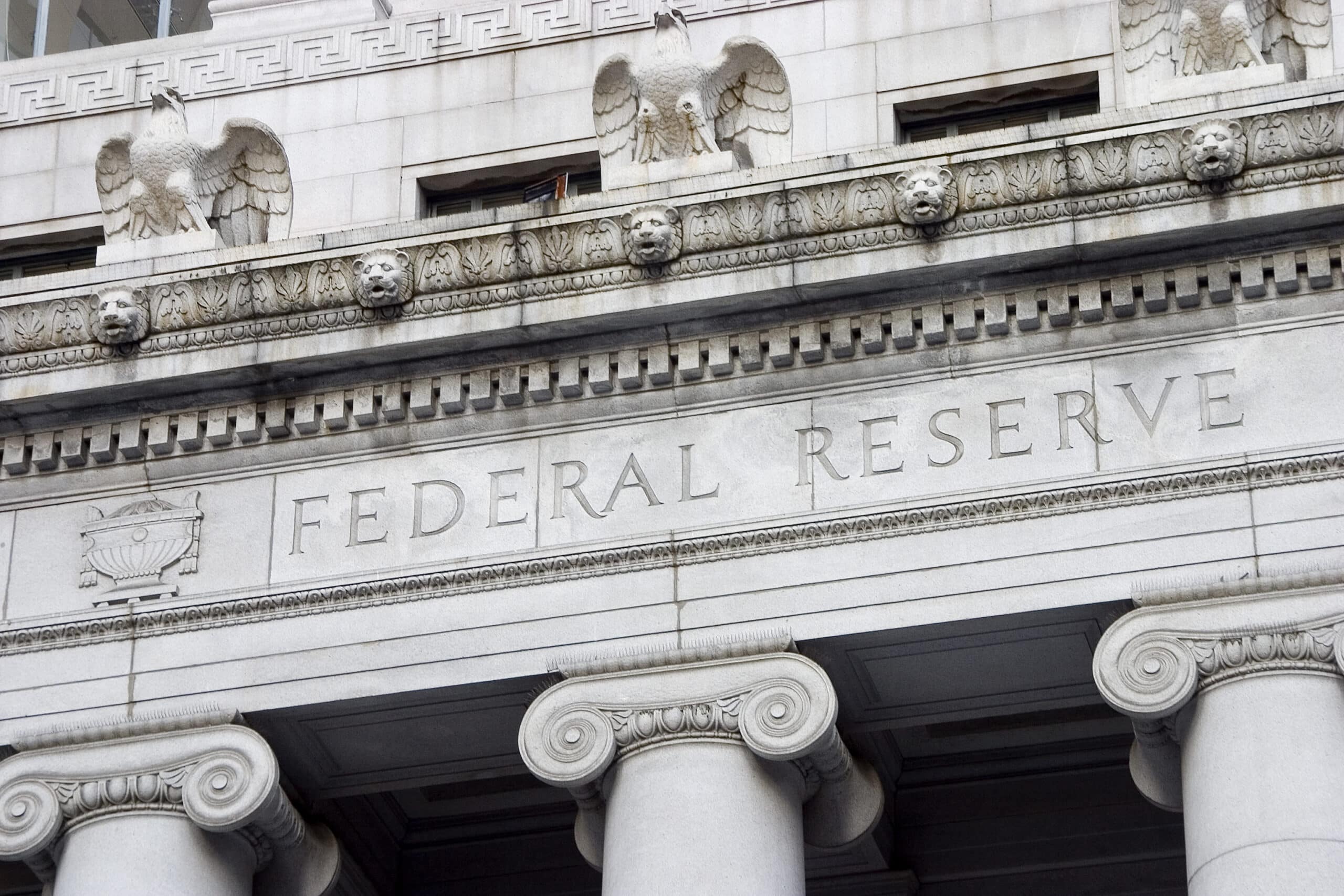Auto Captives Summit Evaluates Auto Finance in New Digital Ecosystem [SPONSORED]
 Leading software supplier White Clarke Group held its second successful Auto Captives Summit on Nov. 9 at the Hilton Tower Bridge London. Senior executives from the world’s largest captive auto finance companies met to consider and debate the transforming landscape of auto finance and to hear a series of powerful insights into how technology is reshaping the future of the sector, by creating a new ecosystem based around the customer, not the asset.
Leading software supplier White Clarke Group held its second successful Auto Captives Summit on Nov. 9 at the Hilton Tower Bridge London. Senior executives from the world’s largest captive auto finance companies met to consider and debate the transforming landscape of auto finance and to hear a series of powerful insights into how technology is reshaping the future of the sector, by creating a new ecosystem based around the customer, not the asset.
Brendan Gleeson, group chief executive at White Clarke Group, set the scene with detailed insights into auto finance in the new digital ecosystem. He addressed the challenges presented by the scale and pace of technology change. In a world of explosive innovation, Gleeson argued that the lack of predictability means agility will be key, while in later sessions presenters looked at how this can be achieved in practice. Gleeson identified three driving forces at work in auto finance:
- Firstly, the customer profile is changing, with digital natives accounting for 61% of the population and with close to $4.6 trillion purchasing power by 2020. Despite predictions, Millennials and Generation Z “technoholics” will continue to want to own a car, and to purchase via face-to-face interaction, but will have very different expectations of how they mix and match online channels and offline experiences.
- Secondly, there has been an explosion in technology innovation, with Gleeson highlighting the enormous role of artificial intelligence (AI), a technology that is mature and which is now powering machine learning and pattern recognition applications. “What we are starting to see are connected vehicles with technology that communicates with both the driver and external services, plus voice recognition, the use of chat bots to respond to customer queries — AI is changing things ten times faster and with 3,000 times the impact of the Industrial Revolution,” Gleeson told delegates.
- Thirdly, traditional business models are being disrupted. Tech giants like Google and Apple already have a presence in financial services, and are both already in the car with the consumer, via products like Apple CarPlay and Android Auto, offering various applications such as maps and music, and potentially, a host of other services. Increasingly, the car is becoming part of the digital experience, so the question becomes now who controls what appears on the dashboard?
Given this background, consumers and fleet managers are not looking for point solutions, but are demanding access to a platform which serves all their needs and which provides, in Gleeson’s words, “one digital life”.
“We are moving from systems of record to systems of engagement,” he said. The technology platform needs to be agile, capable of offering a first-class customer experience and capable of supporting a range of services.
In this new world, auto finance companies face a choice: to hunt out new opportunities, or to be hunted themselves, as innovation disrupts traditional business. Gleeson remarked, when the US Department of Defence is planning to use 3D printing technology to produce spare parts on the battlefield, then it is clear that technology is going to impact supply chain significantly.
Other highlights of the event included:
The Zero-Dollar Car: Rewriting the narrative in favor of the automotive industry.
One of the highlights of the day was the barnstorming session from John Ellis, connectivity strategist and former global technologist and former head of the connected car program at Ford in Chicago. Ellis explained that the car is increasingly becoming a “mobile ecosystem,” as tech giants like Google and Apple provide a familiar platform for drivers. Ellis suggested that the value of an average car purchaser’s data is about $5,500 per annum. This revenue may be used to drive down the cost of cars — and can be used by lenders to personalize finance offers that are signed, sealed and delivered in the car itself.
Blockchain Applications in Auto Finance
Danny Williams, IBM’s chief innovation officer, explored how blockchain technology can be used to replace the current use of multiple in-house ledgers along the supply chain with a new approach, where all participants have access to their own copy of a shared, single ledger.
That ledger is shared and synchronized on an almost instantaneous basis, is free from error, secure, authenticated and verifiable and offers a complete record of assets and transactions. The technology reduces both cost and risk and streamlines the entire transaction process.
Using Machine Learning to Enhance Fraud Detection
Richard Harris, head of international operations at Feedzai, looked at the use of machine learning to enhance fraud detection. Pointing out that 90% of all the data in the world has been created in the last two years, Harris said going through data to look for patterns allowed lenders to refine how they make the right offer at the right time and, crucially, how to make more finance sales with less risk.
Harris highlighted the ability to use segmentation to create much more personalized services and offers, while the technology speeds up decision making and provides a full audit trail for compliance purposes.
Next Generation Digital Signatures
Jesper Frederiksen, vice president of enterprise sales, EMEA at DocuSign, outlined how “smart contracts” can replace paper and “keep it digital,” using technology at the point of execution for data checking, to drive payments and to speed up workflow. He described to delegates the move to real-time, connected, self-executing, self-enforcing and trustworthy applications which improve conversion rates, save costs and improve security and compliance.
White Clarke Group’s second summit was attended by senior finance industry executives who had opportunities to network and exchange ideas. They discussed how technology will change the auto finance market and shared their own challenges and areas of opportunity around digitalization. There were some great tips and practical advice on how best to respond to the ever-changing market.
As might be expected from an event about digitalization, the speeches were captured digitally by White Clarke Group and will be made available to the auto finance industry free of charge and online over the coming weeks.















